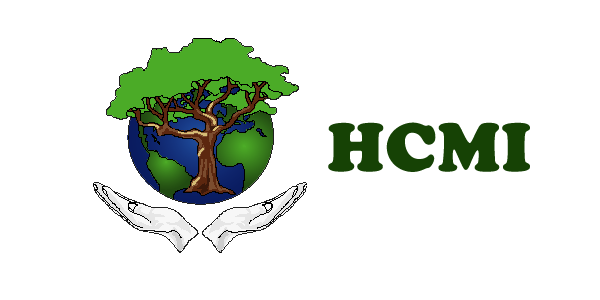Small Intestine Support Remedy
 The small intestine is a tubular organ that extends from the pyloric sphincter, at the end of the stomach, to the beginning of the large intestine, where the illeocecal valve is found. It is part of the gastrointestinal tract, or the human gut. Because of its many loops and coils (as much as 32 feet of it, or 9.8 m), it fills much of the abdominal cavity, as you can see in the photo.
The small intestine is a tubular organ that extends from the pyloric sphincter, at the end of the stomach, to the beginning of the large intestine, where the illeocecal valve is found. It is part of the gastrointestinal tract, or the human gut. Because of its many loops and coils (as much as 32 feet of it, or 9.8 m), it fills much of the abdominal cavity, as you can see in the photo.
The primary function of the small intestine is the absorption of nutrients and minerals found in food. The small intestine receives secretions from the pancreas, liver and gallbladder to help complete digestion of the nutrients in the chyme, which is the food ball received from the stomach. The enzymes enter the small intestine in response to the hormone cholecystokinin, which is produced in the small intestine in response to the presence of nutrients. The hormone secretin also causes bicarbonate to be released into the small intestine from the pancreas in order to neutralize the potentially harmful acid coming from the stomach.
The lining of the small intestine is filled with little hair like projectiles called villi and microvilli. Each villus has a network of capillaries and fine lymphatic vessels called lacteals close to its surface. The epithelial cells of the villi transport nutrients from the lumen of the intestine into these capillaries (amino acids and carbohydrates) and lacteals (lipids). The absorbed substances are transported via the blood vessels to different organs of the body where they are used to build complex substances such as the proteins required by our body. The food that remains undigested and unabsorbed passes into the large intestine.
Fun Facts
- The average length of the small intestine in an adult human male is 6.9 m (22 feet 6 inches), and in the adult female 7.1 m (23 feet 4 inches), though it has measured as long as 9.8 m (32 feet).
- The small intestine is divided into three sections; the duodenum, jejunum and the ileum.
- Over 90% of digestion and absorption takes place in the small intestine.
Health Conditions
- Celiac disease is when foods with gluten trigger your immune system to respond by damaging the small intestine.
- Crohn's disease causes inflammation of the intestine.
- Intestinal obstruction is when food or stool cannot move through the intestines.
- Ulcers, such as peptic ulcer, occur when acid eats into the intestinal lining.
Suggestions To Strengthen
- Eat more raw foods.
- Chew food thoroughly (30-40+ times per bite) as it puts less stress on digestive juice to act upon the food in an attempt to break it into pieces small enough to absorb.
- Avoid drinking more than four ounces with meals.
- Heed the rules of 'food combining' if you are trying to heal a sick intestine.
- Focus on being more secure in the areas you feel vulnerable or gullible in.
